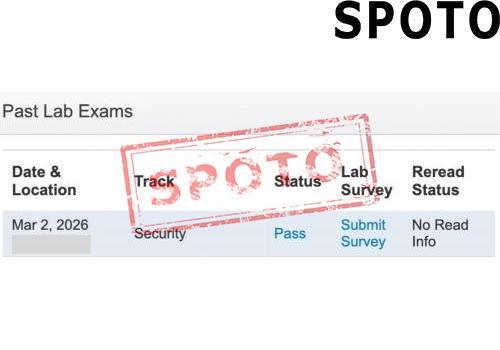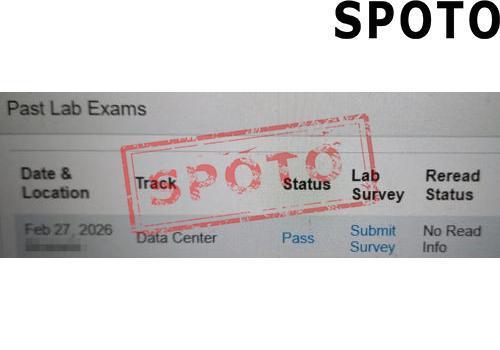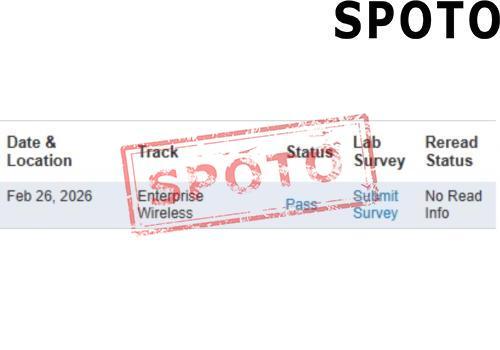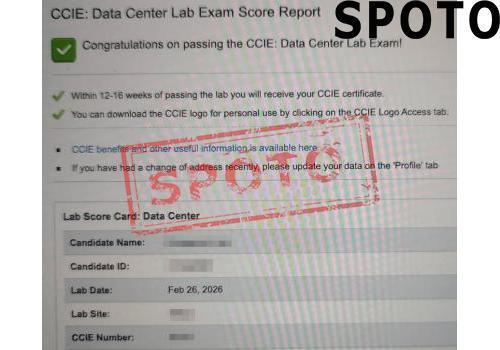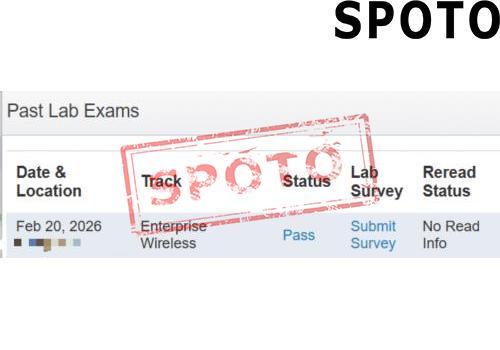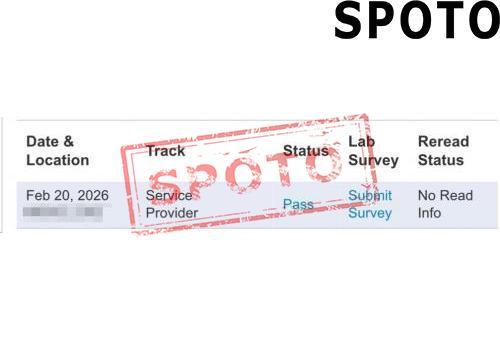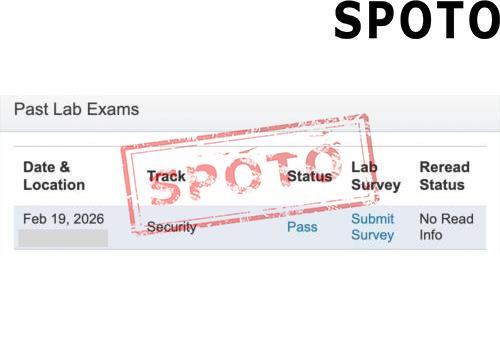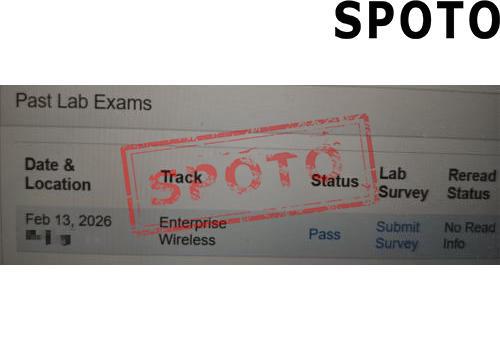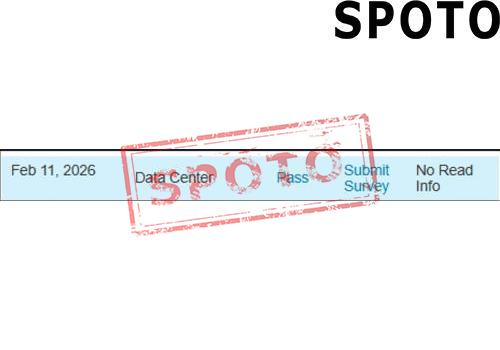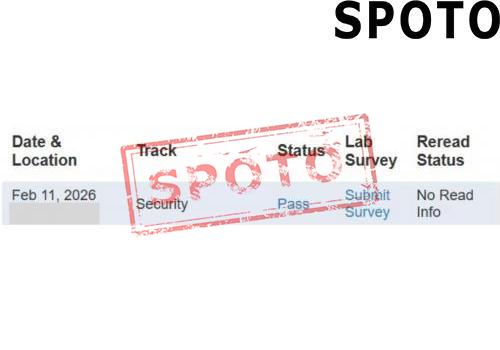
Becoming a Cisco Certified Internetwork Expert (CCIE) is one of the most prestigious and challenging accomplishments in the networking world. It signifies a high level of expertise in networking, specifically in areas such as routing, switching, security, data center, and collaboration. For many aspiring network engineers, the journey to CCIE is long, demanding, and full of learning curves, frustration, and yes—plenty of pizza boxes. But how long does it really take to go from a beginner to a CCIE, and what does that journey entail?
This article will break down the typical timeline, challenges, and some useful tips for anyone aspiring to become a CCIE.
How Long Does it Take to Go from Zero to CCIE?
The path to CCIE isn't a one-size-fits-all journey. It varies depending on several factors such as previous knowledge, study commitment, and exam strategy. However, the average timeline for most candidates typically spans from 3 to 5 years. For some, it may be shorter, while for others, it can take even longer. Here's why:
1. Starting from Scratch: A Solid Foundation (1-2 Years)
If you're starting with no networking experience or certifications, you'll need to first build your foundational knowledge. The best way to approach this is by starting with the CCNA (Cisco Certified Network Associate) and then progressing to CCNP (Cisco Certified Network Professional).
- CCNA: Typically, you can expect 3-6 months of study for the CCNA. For those with no prior experience, it may take a year or more.
- CCNP: Once CCNA is in hand, you can move on to CCNP. The time spent on this stage depends on your ability to grasp more complex networking concepts. A typical timeline here is 1-2 years, depending on your learning pace and how much time you can dedicate to studying.
This initial phase is crucial because CCIE is built on the foundation of these certifications. If you attempt CCIE without sufficient grounding in these earlier certifications, it will significantly lengthen your journey.
2. Diving into CCIE Preparation: 1-2 Years
Once you have CCNP, the journey toward CCIE begins in earnest. At this stage, the real challenge starts. The CCIE lab exam is notorious for its difficulty, and the amount of preparation required to pass both the written and lab exams can be overwhelming.
This phase generally takes anywhere from 1 to 2 years, depending on how much time you can commit to studying and the depth of your understanding. Key challenges include:
- Mastering Complex Topics: For CCIE, you'll need to delve into advanced topics such as BGP, MPLS, and high-level routing and switching concepts.
- Hands-on Practice: CCIE requires extensive hands-on lab practice. It's not enough to just read books or watch videos. You must practice on real devices or simulators like Cisco Packet Tracer or GNS3, and simulate real-world scenarios to get comfortable with the environment.
- Lab Exam Simulations: Practicing in a lab environment that mirrors the actual exam setup is essential. Many candidates use online platforms like SPOTO for practice exams and to access virtual racks that replicate the actual exam.
3. Lab Exam and Final Push (6-12 Months)
The most intense part of the journey occurs when you start focusing on the CCIE lab exam. This is often where the tears (and pizza boxes) come in.
The CCIE lab exam is a grueling 8-hour practical test in which you configure and troubleshoot complex network setups in real-time. Preparation for this stage can take anywhere from 6 to 12 months, depending on your ability to grasp advanced concepts and effectively simulate lab environments.
The sheer pressure of trying to complete the entire lab within the time limits, while maintaining accuracy and troubleshooting effectively, makes this phase the most stressful for many candidates. Some key components to focus on include:
- Time Management: You'll need to balance your time well to complete tasks on time.
- Troubleshooting: The ability to quickly identify and fix issues in a live network environment is key. The lab exam is often more about problem-solving and troubleshooting than just configurations.
- Stamina: Given the length and difficulty of the lab exam, mental and physical endurance is critical.
Challenges and Setbacks Along the Way
While the timeline to CCIE can span several years, there are inevitable setbacks. Some of the biggest challenges include:
- Frustration with the Complexity: CCIE topics are highly technical and can be hard to grasp at first. Some candidates may face setbacks when they encounter especially difficult concepts.
- Burnout: Studying for the CCIE is not a sprint; it's a marathon. It's easy to get burned out, especially when juggling work, personal life, and the intensity of studying for the exams.
- Financial Costs: The cost of lab setups, study materials, and exam fees can add up quickly. A lot of candidates turn to online platforms for practice labs, but it's still a considerable investment in time and money.
Tips for Getting From Zero to CCIE
While the journey to CCIE can be long and difficult, there are ways to make it more manageable and increase your chances of success:
- Start with Smaller Certifications: Don't skip over CCNA and CCNP. They are building blocks for CCIE, and skipping them will only make the journey more difficult.
- Consistent Study Habits: Set a study schedule and stick to it. Consistency is key, and even small daily efforts add up.
- Hands-On Practice is Critical: Theory is important, but you must spend significant time in the lab to truly understand the material. Use simulation tools or real lab gear.
- Join Study Groups: Networking with others on the same path can provide motivation and answers to your questions. Platforms like SPOTO provide structured learning paths and community support.
- Use the Right Study Materials: Invest in high-quality study guides, video courses, and practice exams. Using outdated or incorrect resources can slow you down.
Is It Worth the Journey?
Absolutely. While the journey to CCIE is long, challenging, and sometimes painful, it opens many doors. Once you have earned the CCIE, you're recognized as one of the top network professionals globally.
The rewards are substantial, both in terms of salary and career opportunities. The CCIE can unlock roles like network architect, senior network engineer, or consultant, all of which offer high salaries, job security, and the opportunity to work on cutting-edge technologies.
Conclusion
Going from zero to CCIE is a significant achievement that takes years of hard work, dedication, and perseverance. The typical timeline is about 3 to 5 years, depending on your starting point, study commitment, and the resources you use. The path is filled with challenges, but it's also incredibly rewarding. As you work toward your CCIE, remember that every late night, every frustrating moment, and every pizza box will ultimately be worth it when you finally hold that certification in your hands.
